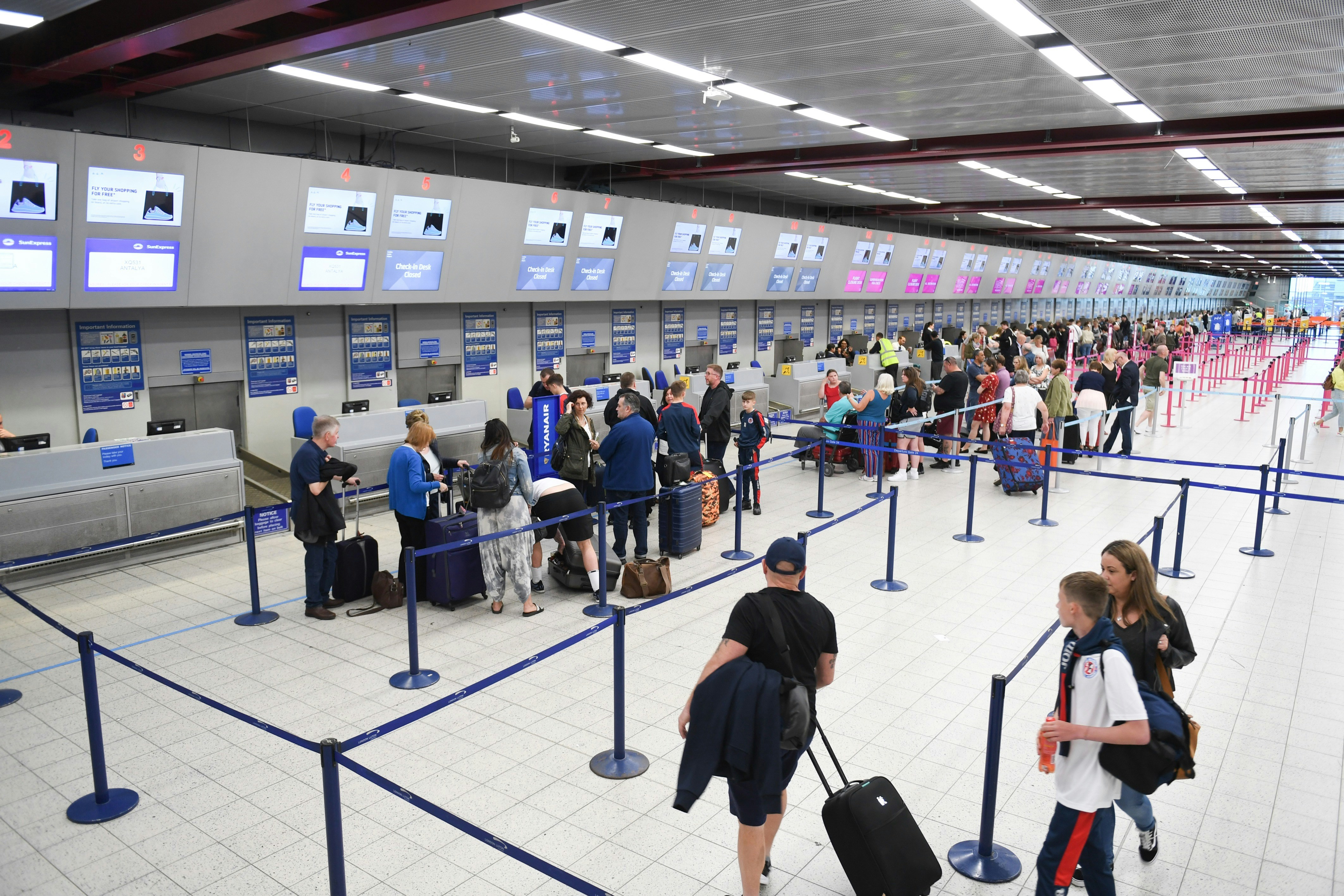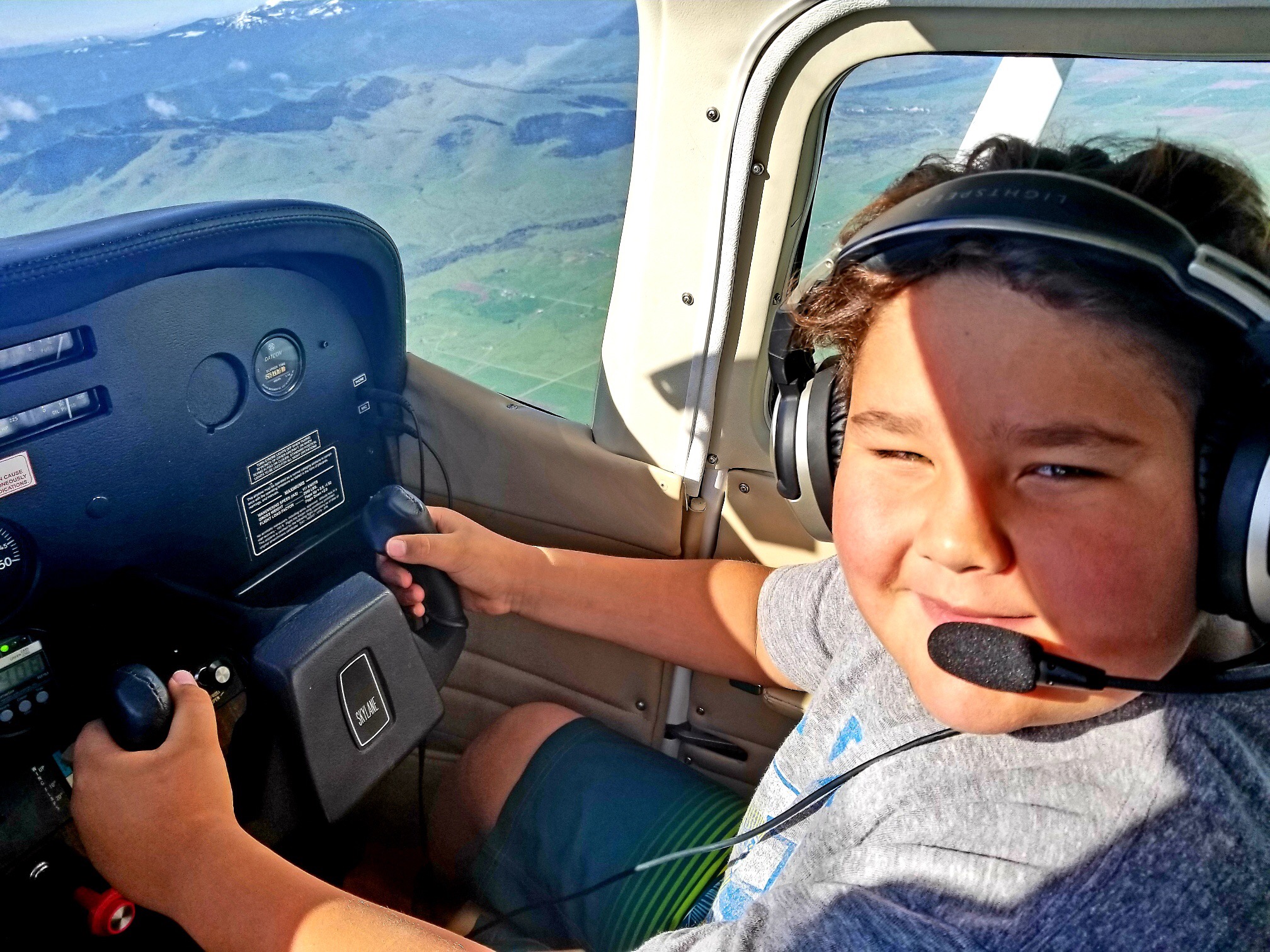Medical travel for those with wheelchairs, oxygen tanks, or other medical applications can add some complexity to the travel planning process. We hope to offer some helpful tips for those who need to travel for medical treatment or for other purposes with medical devices.
Some of the most common medical devices and appliances used during travel include wheelchairs, oxygen tanks, and concentrators, in addition to appliances like ostomy bags and medications. These items are familiar sidekicks for those who require medical travel, but there are some facts and points you will want to know about when traveling with medical devices and appliances.

Airline, Bus, and Rail Travel Stipulations for Medical Devices and Appliances
Anyone traveling a considerable distance should be aware of any traveling stipulations. These are rules and regulations imposed by authorities such as airport security or the TSA. That also applies to those traveling with medical devices and appliances.
Fortunately, there are no limitations for those who want to travel with medical devices or appliances. There are, however, various rules and security screening measures required as part of the boarding process. Regardless of what method of medical travel you are using — airline, bus, or rail — all passengers will be screened and required to follow specific safety protocols.
TSA and Airport Security and Screening
Most security agencies, including the TSA, make an effort to accommodate those traveling with medical devices or appliances. Items such as medication, vials, syringes, and other devices or appliances must be declared. It is also advisable to label any medications clearly.
Special arrangements and screening processes to protect the privacy and dignity of passengers are also options. The TSA provides helpful information about its accepted items list on its website (tsa.gov). Those with concerns about traveling with medical devices can also call the TSA at (855) 787-2227.
Tips for Traveling with Medical Devices or Appliances
Another courtesy offered at airports and on most transit systems is the allowance of medical equipment or supplies at no additional charge. However, this doesn’t mean there aren’t certain precautions and tips to make traveling with medical devices or appliances easier.

Accessibility and Travel Arrangements
Some travelers that need wheelchairs may have questions about accessing the plane, bus, or train car. Transit systems today, both air and ground, are now equipped to handle a wide range of medical travel needs.
Contacting the transportation service (airline, bus line, etc.) to make arrangements ahead of time should make the process easy and as streamlined as possible. Those using power wheelchairs, for example, will need to call ahead with the battery model to determine if the device can be stored or if it needs to be checked at the gate.
Boarding for those with disabilities or devices such as wheelchairs gets priority at every airport. Assistance for boarding is available too. In most cases, the wheelchair can be taken up to the boarding gate, where the person will be transferred to a wheelchair designed for the aircraft.
Packing light and good planning can result in easy travel, less worry, and saved time. Understanding the process and what to expect can make the trip smoother.
When the Cost of Traveling for Medical Treatment becomes a Burden
If you are traveling specifically for medical treatment, and the cost of travel has become a financial burden, Angel Flight West or another similar charitable travel organization may be able to help. Angel Flight West provides free non-emergency medical transportation in the western U.S for people who cannot afford the cost. We know the cost of air travel can be prohibitive, which means needed treatment is often put off or never received. Our goal is to give you full access to the care you need at no cost to you.
Since our founding in 1983, Angel Flight West has provided nearly 100,000 flights for thousands of people. Our private volunteer pilots fly their own or rented aircraft and donate the flight costs to Angel Flight West. When a small aircraft is impractical, we partner with major air carriers, including Alaska Airlines, Mokulele Airlines, Contour Airlines, JSX, and Hawaiian Airlines. We also have volunteer drivers called Earth Angels who assist with the ground portion of our donated trips.
If the cost of traveling for medical treatment has become a burden for you, we encourage you to find out more about our services, request a flight now if you have a scheduled medical appointment that you need to travel more than 100 miles to, or contact our office at coordination@angelflightwest.org or (310) 390-2958. We look forward to serving you.
